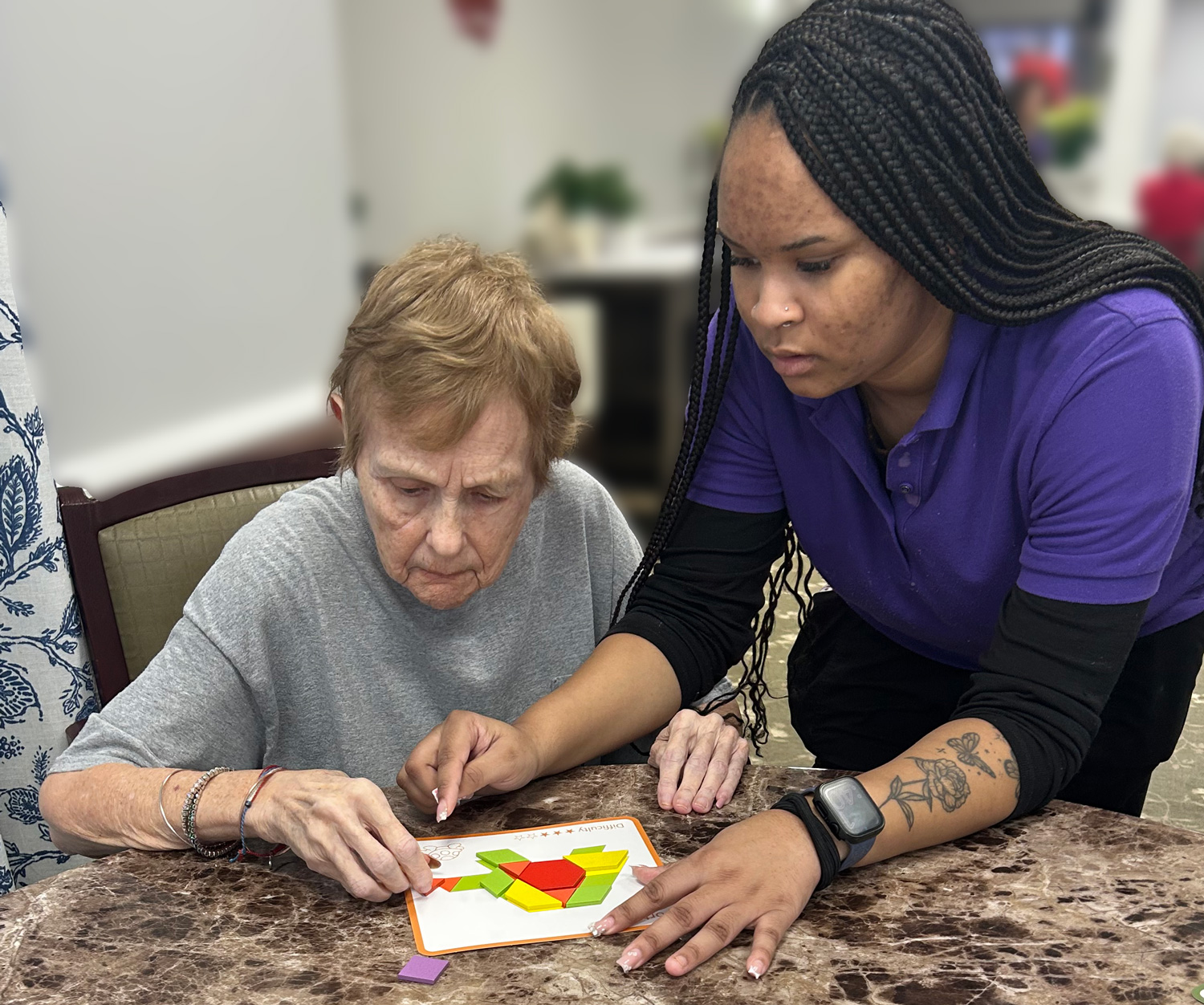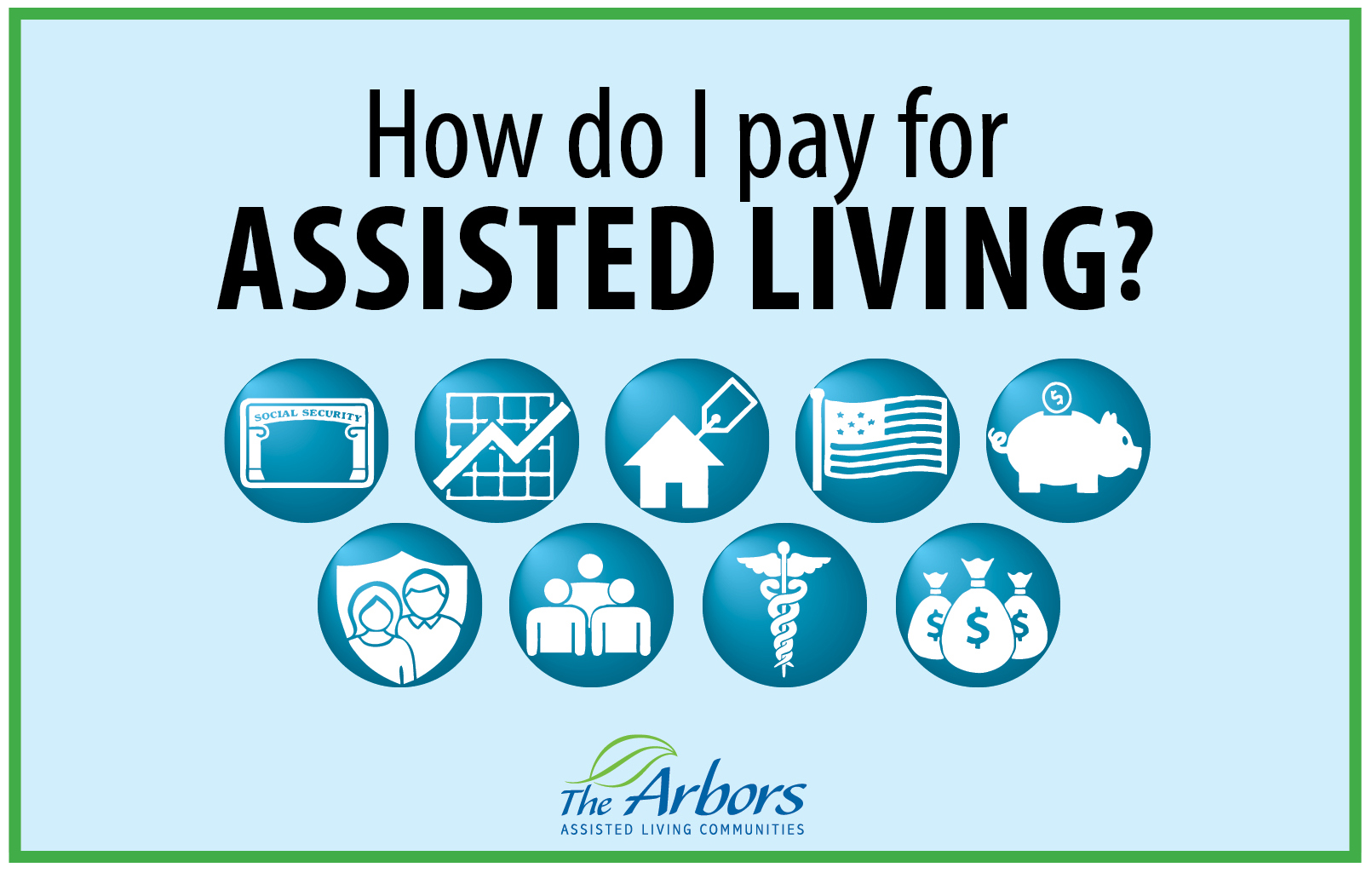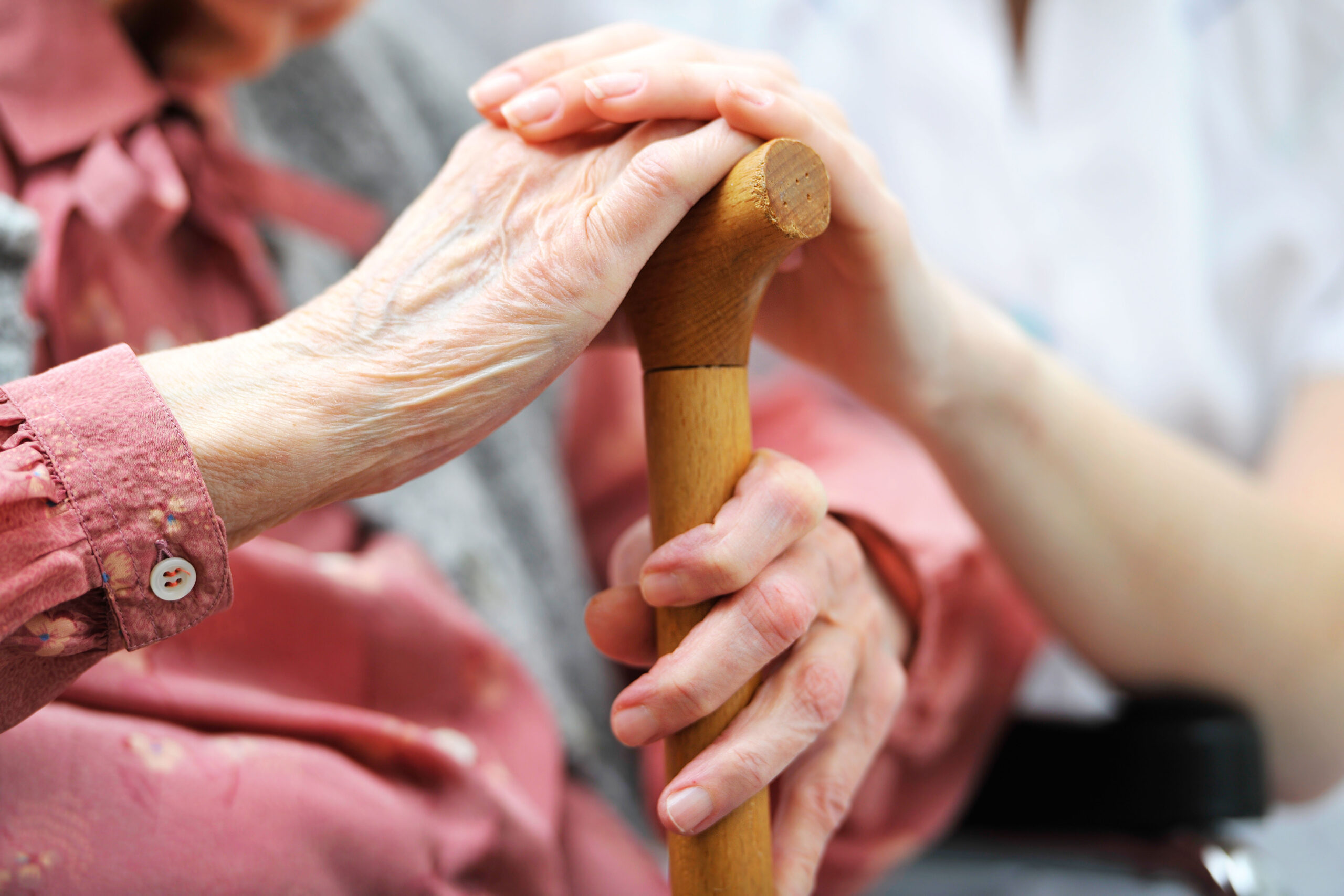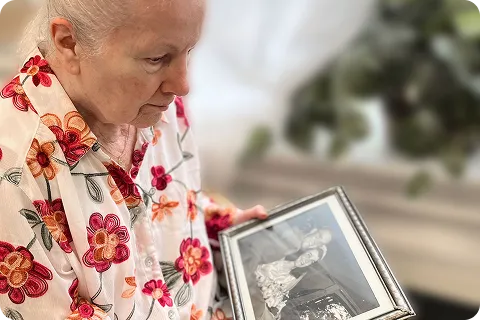(631) 778-7747
Important Facts About Chronic Kidney Disease

Important Facts About Chronic Kidney Disease
March 7, 2017
Chronic kidney disease isn’t something that is talked about as often as it should be. However, this disease is one that can affect your life significantly if it’s left unchecked and untreated. In order to prevent developing chronic kidney disease, there are a few things you should know.
What It Is
Those who are diagnosed with chronic kidney disease (or CKD) have damaged kidneys that can not properly filter blood. When blood is left unfiltered in the body, waste from the blood will remain within, leading to kidney failure and other serious illnesses. Unfortunately, there are no noticeable symptoms that can warn a person that they have this disease.
Who It Affects
Over 10 percent of American adults having some form of CKD, with some being more advanced than others. Once a person reaches the age of 50, their risk of developing this condition increases. Right around the age of 70 is where the development of this disease is most common. Those with high blood pressure or diabetes will also have a greater risk of developing CKD. You can develop CKD without your kidneys failing, however, men are 50 percent more likely to have kidney failure.
How to Reduce Your Risk
Once you’re of the age where chronic kidney disease is commonly seen, make an appointment to see a kidney doctor, also known as a nephrologist.
Anyone that has diabetes, high blood pressure, cardiovascular disease, a family history of CKD, or are over the age of 50 should get a kidney screening.
Keep control of your blood sugar and blood pressure to keep your kidneys in the best possible health.
Chronic kidney disease is something that should always be tested for and checked up on as you get older. For other useful tips and information, visit our blog! If you’re interested in learning more, or visiting The Arbors Assisted Living community, schedule a tour by contacting one of our five convenient locations:
Recent News

The Power of Touch
February 9, 2026

Winter Readiness for Caregivers: Do You Have a Plan?
January 6, 2026

Important Topics to Discuss With Local Assisted Living Centers
November 10, 2025

When It’s Time: Helping Your Parents Accept the Need for Assisted Living
October 15, 2025

How to Encourage an Aging Parent to Shower When They Refuse
July 2, 2025

How Do I Pay for Assisted Living
June 6, 2025

3 Signs You Should Consider Assisted Living
May 15, 2025
GET IN TOUCH
Let’s Talk About Making The Arbors Your Home
REQUEST A VISIT
Schedule a Tour of our Long Island Assisted Living Communities



















































